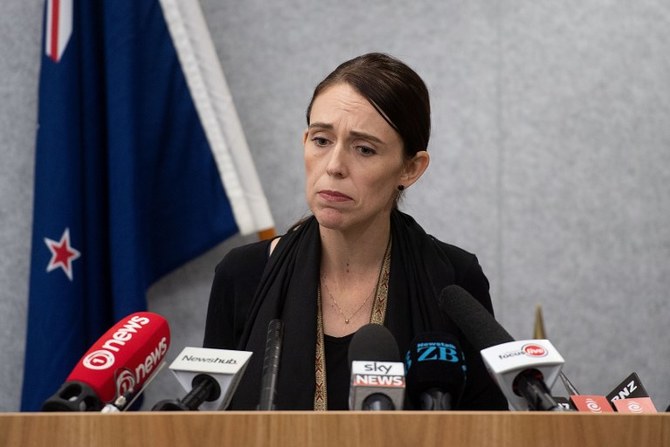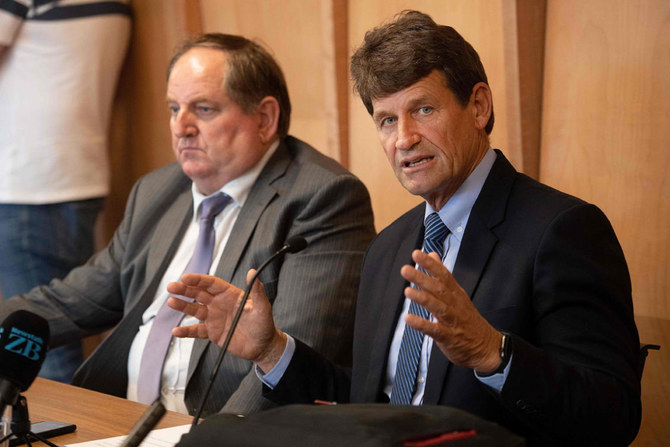CHRISTCHURCH/WELLINGTON: New Zealand Prime Minister Jacinda Ardern said on Monday that her cabinet had made in principle decisions around the reform of gun laws following the mass shooting in Christchurch.
“I intend to give further details of these decisions to the media and the public before cabinet meets again next Monday,” she said at a press conference.
“This ultimately means that within 10 days of this horrific act of terrorism we will have announced reforms which will, I believe, make our community safer.”
She said an inquiry will look at the lead up to attack and what might have been done differently.
A Christchurch gun shop on Monday acknowledged selling guns online to the 28-year-old white supremacist accused of killing 50 people in mosque shootings that have upturned New Zealand’s reputation as among the world’s most tolerant and safe nations.
At a news conference, Gun City owner David Tipple said the store sold four guns and ammunition to Brenton Harrison Tarrant through a “police-verified online mail order process.”
He said none of the weapons were military style semi-automatic weapons.
“We detected nothing extraordinary about this license holder,” Tipple said, referring to the shooter. Tipple said he and staff are “dismayed and disgusted” by Friday’s shootings.
His store has been criticized for leaving out a roadside advertising billboard that shows a parent helping children with rifle target practice in the wake of the shootings.
Three days after the attack, New Zealand’s deadliest shooting in modern history, relatives were anxiously waiting for word on when they can bury their loved ones. Islamic tradition calls for bodies to be cleansed and buried as soon as possible after death, usually within 24 hours.
Aya Al-Umari, whose older brother Hussien Al-Umari died at the Al Noor mosque, wept as she talked about a kind man, a quintessential big brother who delighted in teasing his little sister.
Tarrant, an Australian citizen who lived in New Zealand, appeared in court on Saturday amid strict security, shackled and wearing all-white prison garb.
He showed no emotion when the judge read one murder charge and said more charges would likely follow. The New Zealand Herald reported Monday that he had dismissed his appointed lawyer and plans to defend himself.
Tarrant had posted a muddled, 74-page anti-immigrant manifesto online before the attacks and apparently used a helmet-mounted camera to broadcast live video of the slaughter.
Facebook said it removed 1.5 million videos of the shootings during the first 24 hours after the massacre. The revelation in a tweet provided a chilling snapshot of how quickly provocative and often disturbing images circulate on the Internet.


















